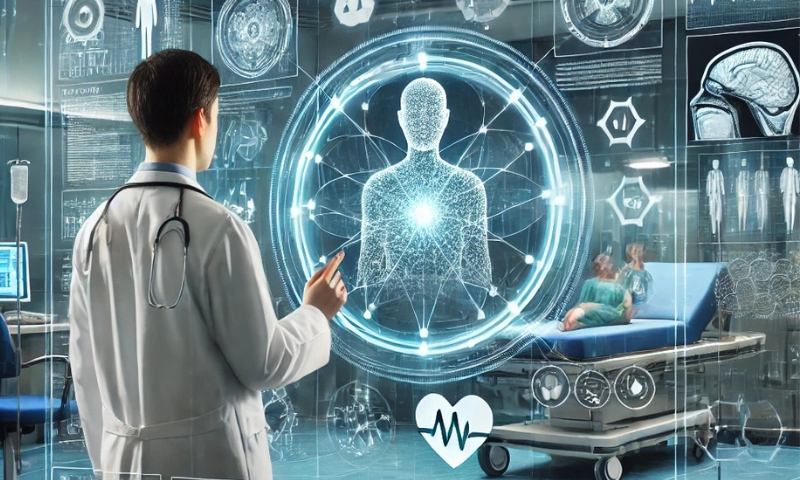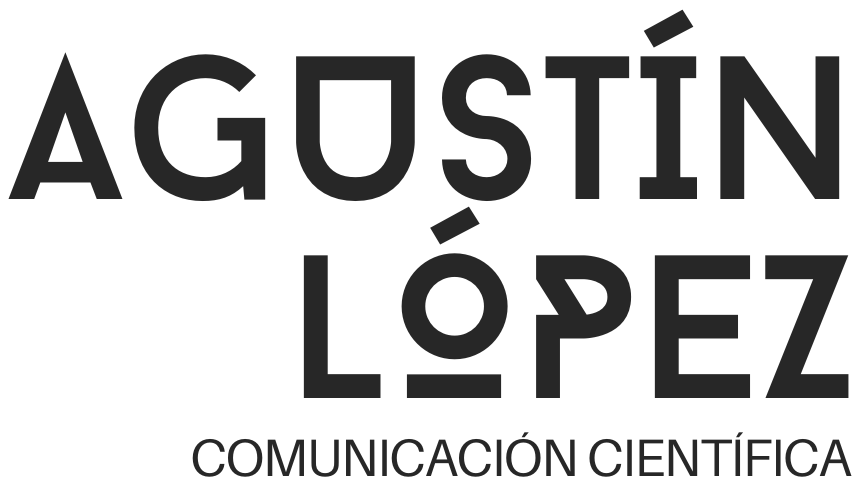Artificial Intelligence in Healthcare: Innovation, Challenges and the Future of Medicine

Artificial Intelligence (AI) is revolutionizing the healthcare sector at a dizzying pace. From the emergence of generative models such as ChatGPT, to the development of AI-assisted diagnostic systems, the technology is transforming the way medical professionals approach disease prevention, diagnosis and treatment.
One of the most significant changes has been the perception of the medical community. Historically, AI has aroused some suspicion, but the evolution of its applications has generated a change in mentality. A recent study in Spain revealed that 93% of physicians already welcome its incorporation into clinical practice, recognizing its potential to improve efficiency and decision-making.
One of the most significant changes has been the perception of the medical community. Historically, AI has aroused some suspicion, but the evolution of its applications has generated a change in mentality. A recent study in Spain revealed that 93% of physicians already welcome its incorporation into clinical practice, recognizing its potential to improve efficiency and decision-making.
Disruptive applications of AI in medicine
The impact of AI on health manifests itself in several key areas:
- Early diagnosis and medical care: AI models are helping to detect diseases such as diabetic retinopathy, melanoma or pneumonia with greater accuracy than the human eye.
- Predictive analysis of diseases: Algorithms such as BiAlert Sepsis are already used in hospitals to predict the evolution of patients with a 96% accuracy rate.
- Optimization of medical imaging: 75% of approved AI-enabled devices belong to the field of radiology, facilitating the detection and segmentation of anomalies in record time.
- Hospital management and automation: AI impacts not only the clinical setting, but also the organization of resources and administrative processes within healthcare facilities.
However, despite advances, the adoption of AI in medical practice still faces challenges. The lack of structured and quality clinical data, the existence of biases in the models and the difficulty of interpreting some complex algorithms are obstacles that must be overcome to achieve effective integration.
A regulated and optimized future
he European Union has taken measures with the approval of the AI Act, a regulatory framework that seeks to guarantee safety and ethics in the use of AI in healthcare. In addition, Spain has created the Spanish Agency for the Supervision of Artificial Intelligence (AESIA), responsible for regulating and evaluating models applied to medicine.

Despite the challenges, AI in healthcare is already a reality that is redefining modern medicine. It is not about replacing doctors, but about providing more accurate and effective tools that allow them to improve patient care. As Victor Maojo, an expert in Artificial Intelligence, points out, “doctors who know how to take advantage of AI will replace those who do not…”.
🖊️ This article was written by Agustín López and originally published in Fundación Botín.
📌 Discover the full analysis of AI in the healthcare sector in the original article.
